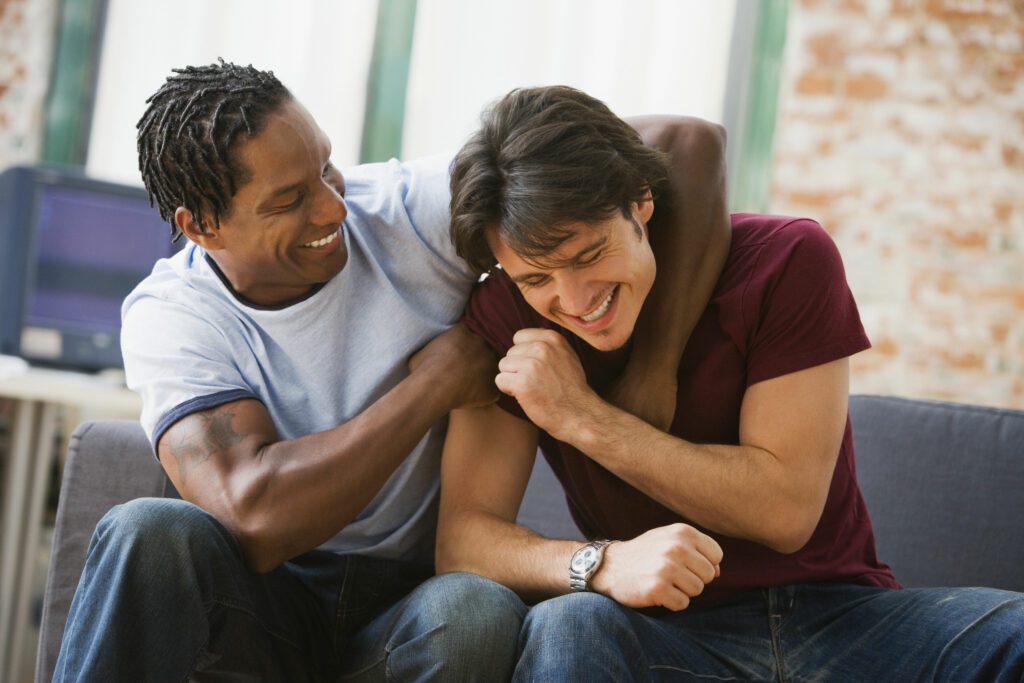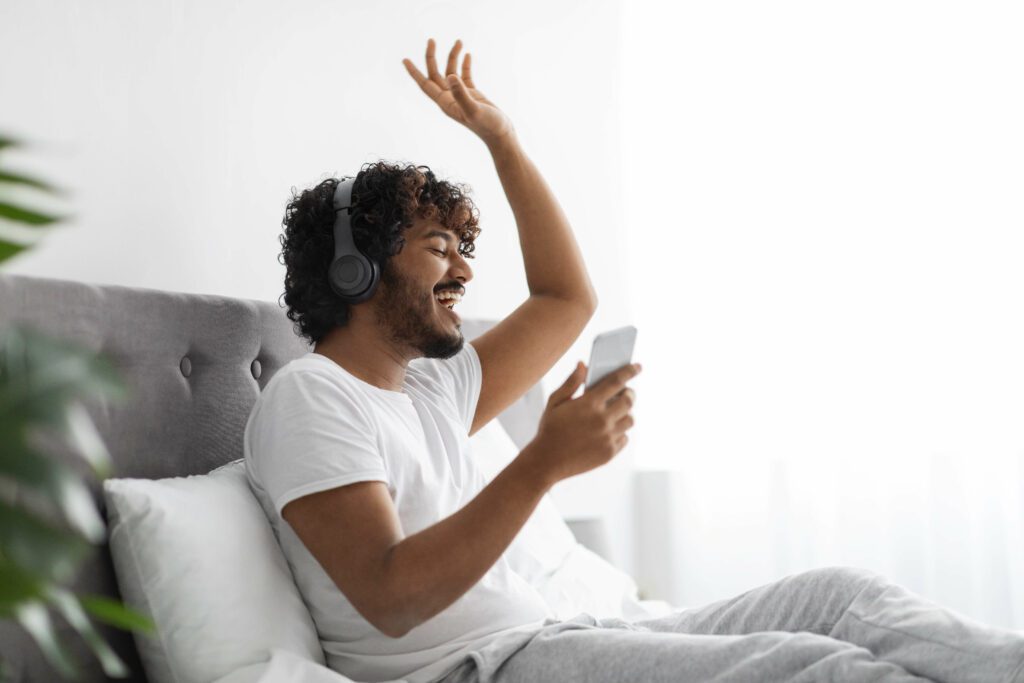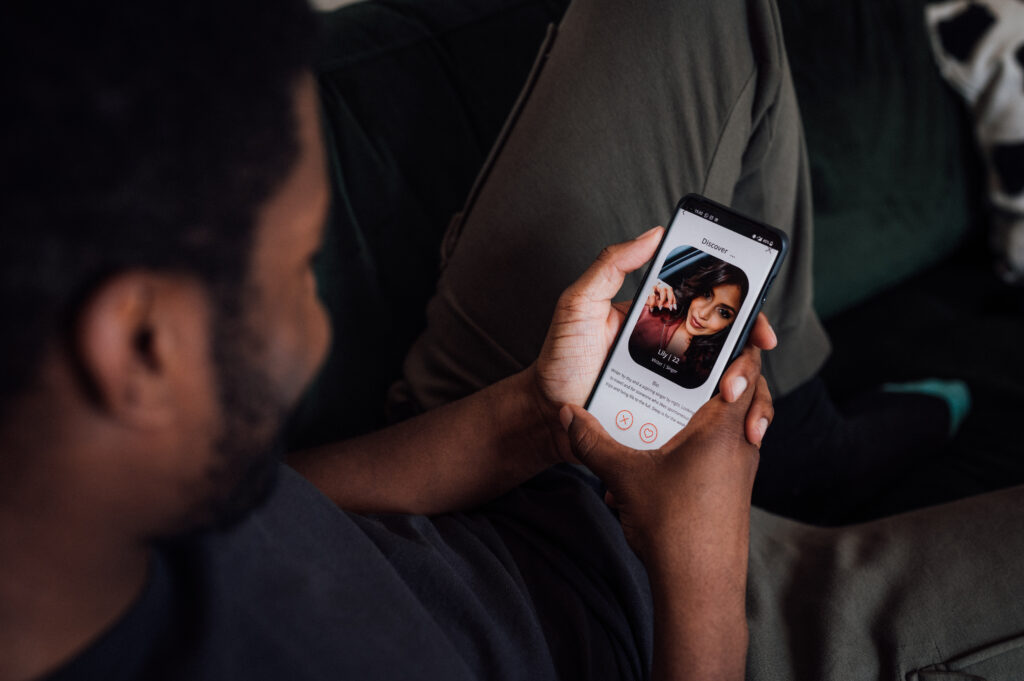Asking isn’t always easy, even if it’s between someone of your closest friends, but now more than ever, any support is vital and it could just change a life. Today marks R U Ok? Day, an important cause that seeks to encourage Australians to think about how the people in their world are truly going. With so many of us in lockdown and experiencing the turmoil and uncertainty that comes with isolation from family and friends, social distancing, and the current climate of rising case numbers and new strains, mental health and wellbeing is a concern. And while so many of us are trying to do our own self-soothing to function and live as best we can, it means we can often forget to check in on those around us. It’s why this year’s theme is to ask, “Are they really ok?”
R U Ok? Day encourages Aussies to start conversations, build your support network and check in with friends, family and even strangers. The idea of asking someone how they are might seem like small talk, something that can easily be brushed aside in conversations with close friends and family. But how many of us actually take the time to stop and consider the question and what it’s really asking? How many of us are actually granted the time and safe space to answer it honestly, without fear of judgment?
As R U OK? CEO Katherine Newton explains, asking the question about somebody’s mental health shouldn’t be a token effort. “Don’t wait until someone is visibly distressed or in crisis before you ask. If you ask them in a genuine way, your support can make a difference whatever they are facing.”
She adds, “The ups and downs of life can affect each of us differently. Sometimes it won’t be obvious that someone is struggling, but having the support of family, friends and close colleagues can help us better navigate the challenges that come our way. In a time when so many of us are feeling fatigued by the pandemic, we want to remind and reassure Australians that there is something we can all do to support those in our world, and as those closest to them we are often in a position to do so.”
The pandemic and lockdown has only exacerbated mental health issues that were already prevalent across Australia, so much so that experts had already dubbed it the “shadow pandemic”. Crisis lines have experienced a record number of callers through the past year and a half and treatment facilities and resources have been stretched thin. If you are struggling or know someone who is, the R U OK? Website is a great resource. It offers a number of tips on how to help others if they admit they are struggling, or yourself. Other organisations are also offering support, with Beyond Blue providing a 24-hour Coronavirus Mental Well-being Support Service. Calling 1800 512 348 will help you get tips and strategies for support from counsellors as well as referrals to other services if needed.
It goes without saying that mental health should be a priority of everyone, always, not just one day of the year. Still, R U OK? serves as a poignant reminder to stay connected and continue having these conversations, even if you might not visibly see someone in distress. It’s only by having these conversations that we might begin to remove the stigma associated with mental health.
For support, contact Lifeline on 13 11 14, Kids Helpline on 1800 55 1800, Beyond Blue on 1300 22 4635, or Mensline Australia on 1300 78 9978.
















